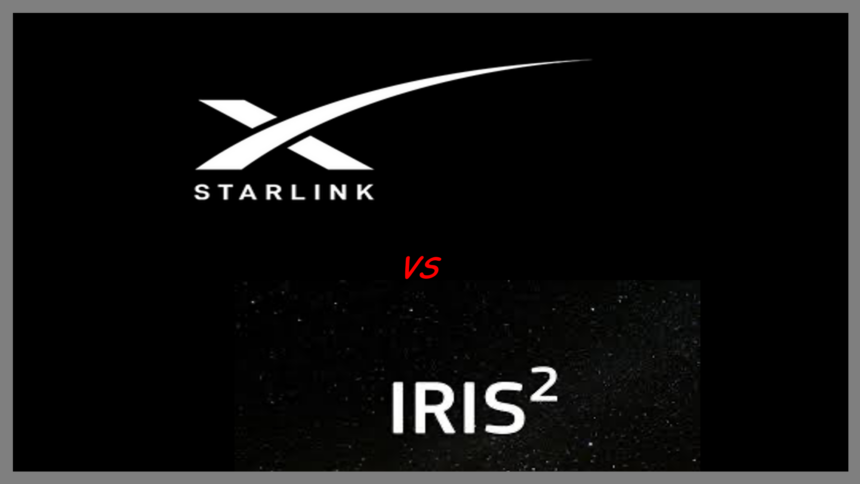As space exploration evolves, so does the competition for dominance in satellite-based communication networks. From the European Union’s ambitious plans to launch its own satellite system to SpaceX’s ongoing expansion, the “satellite wars” are heating up. These developments promise to change how we connect, communicate, and operate in space. Here’s a look at the key moves, challenges, and rivalries in this fast-paced field.
What’s Happening & Why This Matters
Europe’s $11 Billion Satellite Network: IRIS²
The European Union has officially launched its own satellite project, IRIS², with a hefty $11 billion price tag. Designed to compete with SpaceX’s Starlink, IRIS² will consist of 290 satellites spread across different orbits. Though it’s much smaller than Starlink’s massive constellation of nearly 7,000 satellites, the EU aims to provide secure, sovereign satellite internet. The project is a joint effort funded by the EU, the European Space Agency (ESA), and private companies, including SES SA, Eutelsat, and Hispasat.
The EU’s investment in IRIS² reflects its desire to reduce dependence on foreign-controlled satellite systems, particularly SpaceX’s Starlink, which has become crucial to Ukraine’s military communications amid the ongoing Russian invasion. EU Commissioner Andrius Kubilius stated that the new system would support Europe’s strategic autonomy, especially during geopolitical tension. However, IRIS² won’t be operational until the early 2030s, putting it far behind Starlink, which already serves millions of users globally.
SpaceX Expands Cellular Connectivity with T-Mobile

SpaceX is not slowing down, either. It has opened a beta program for T-Mobile customers to test its new cellular Starlink service to end connectivity dead zones. The service promises to bring cellular signals to remote and rural areas that traditional cell towers can’t reach by using SpaceX’s Starlink satellites as orbiting cell towers. T-Mobile customers can send and receive text messages via satellite, even in areas lacking ground-based coverage.
The beta program is open to all T-Mobile postpaid customers with compatible devices. The service is expected to expand to voice and data support. SpaceX has already demonstrated download speeds of up to 17Mbps with this satellite-based connectivity. The tech’s rollout could redefine how we think about mobile coverage. Goals include making it more accessible, especially in disaster-stricken areas where traditional networks fail.
US Military Pushes for More Starlink Launches
SpaceX remains a key player in US military operations on the other side of the globe, particularly with its Falcon 9 rockets and the Starlink network. Despite opposition from the California Coastal Commission, the US military is pushing to increase the number of SpaceX launches from Vandenberg Space Force Base to 100 per year. The goal is to enhance the capacity of US space launch infrastructure while bolstering national security through reliable satellite services.
The push for more launches comes amid concerns over the environmental impacts, especially the sonic booms generated by frequent rocket launches. However, SpaceX has already exceeded the previous launch limits by carrying US military payloads, and the Pentagon is conducting environmental studies to determine how to mitigate launch noise. This situation reflects the growing integration of private companies like SpaceX into national defense strategies, with implications for space regulation and environmental impact assessments.
TF Summary: What’s Next
The race for satellite supremacy is accelerating. Europe and the US vie to create the most reliable, secure satellite communication networks. The EU’s IRIS² and SpaceX’s growing influence with Starlink are reimagining global communications. As new technologies launch, the competition will only intensify, with SpaceX expanding its reach and Europe trying to ensure independence.
Satellite technology is no longer about ubiquitous connectivity but also about who controls it. As nations and companies advance the space race, these developments present the need for thoughtful regulation, environmental consideration, and international cooperation.
— Text-to-Speech (TTS) provided by gspeech


